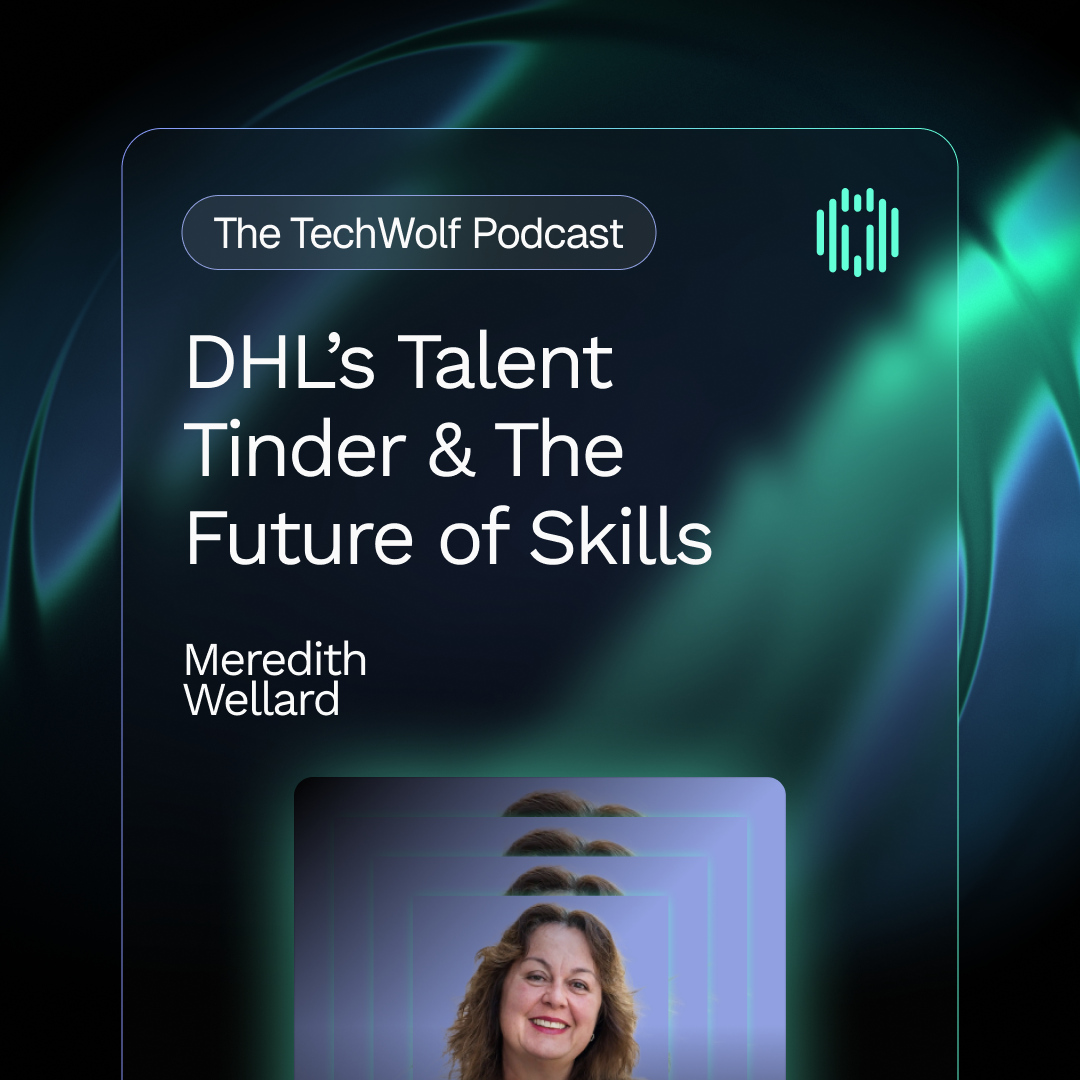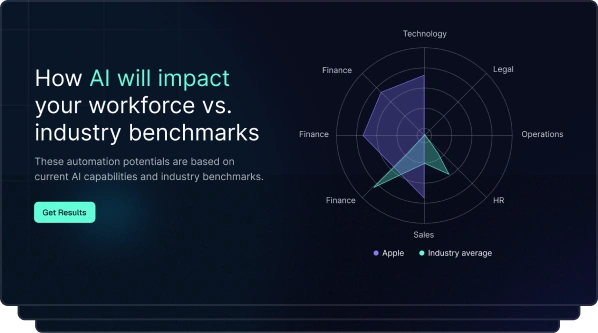
Subscribe now to receive new episodes straight to your mailbox.
Special Episode | “The Skeleton of the Skills-Based Org” | A Deep Dive on Job Architecture with Richard Hanson (WTW)
Episode Summary
In this episode of the TechWolf Podcast, Richard Hanson, Managing Director and Global Head of Digital Strategy & Innovation at Willis Towers Watson, unpacks why work architecture — job leveling, knowledge architecture, and job architecture — is still essential in a world moving toward skills-based organizations. Richard traces the historical role of job architecture from compensation design to today’s strategic enabler of mobility, transparency, and skills transformation. He shares how organizations can balance governance with dynamism, link architectures to use cases like talent acquisition and pay transparency, and make the case to CFOs through measurable outcomes. With AI disrupting jobs and new HR technologies emerging, Richard explains how to modernize work architecture, avoid common pitfalls, and ensure it remains fit for purpose in an era of constant change.
Watch the Episode
Key Takeaways from Richard Hanson on Work Architecture & Skills
⚡ Work architecture = job leveling + knowledge architecture + job architecture — all equally critical.
📊 Once designed for compensation, architectures now enable mobility, consistency, and transparency.
🔍 Governance and dynamism must be balanced — clear use cases dictate how granular to go.
💰 CFOs care because strong architectures ensure ROI on major HR tech investments.
🌍 AI challenges static job structures — skills data becomes the “fuel” to keep architectures up to date.
💡 Prioritization matters — don’t try to do everything at once; layer in use cases step by step.
🤝 Technology partners and consulting expertise together help organizations modernize architectures.
About the Speaker: Richard Hanson
Richard Hanson is Managing Director and Global Head of Digital Strategy & Innovation at Willis Towers Watson. A former co-founder and CEO of Jobbable, Richard brings decades of HR tech and advisory experience, helping organizations reimagine how work is structured, rewarded, and transformed in the shift toward skills-based organizations.
Best Practices & Actionable Insights
✔️ Anchor work architecture in business strategy — it must support organizational goals.
✔️ Use skills as the common denominator to link jobs, families, and functions.
✔️ Start with a clear use case (e.g., talent acquisition, pay transparency) before scaling.
✔️ Present CFOs with metrics tied to outcomes: cost-to-hire, time-to-hire, retention, engagement.
✔️ Combine internal insights (employee input) with external data (market trends, scraping, benchmarks).
✔️ Keep architectures alive with technology — dashboards and AI help track shifts in jobs and skills.
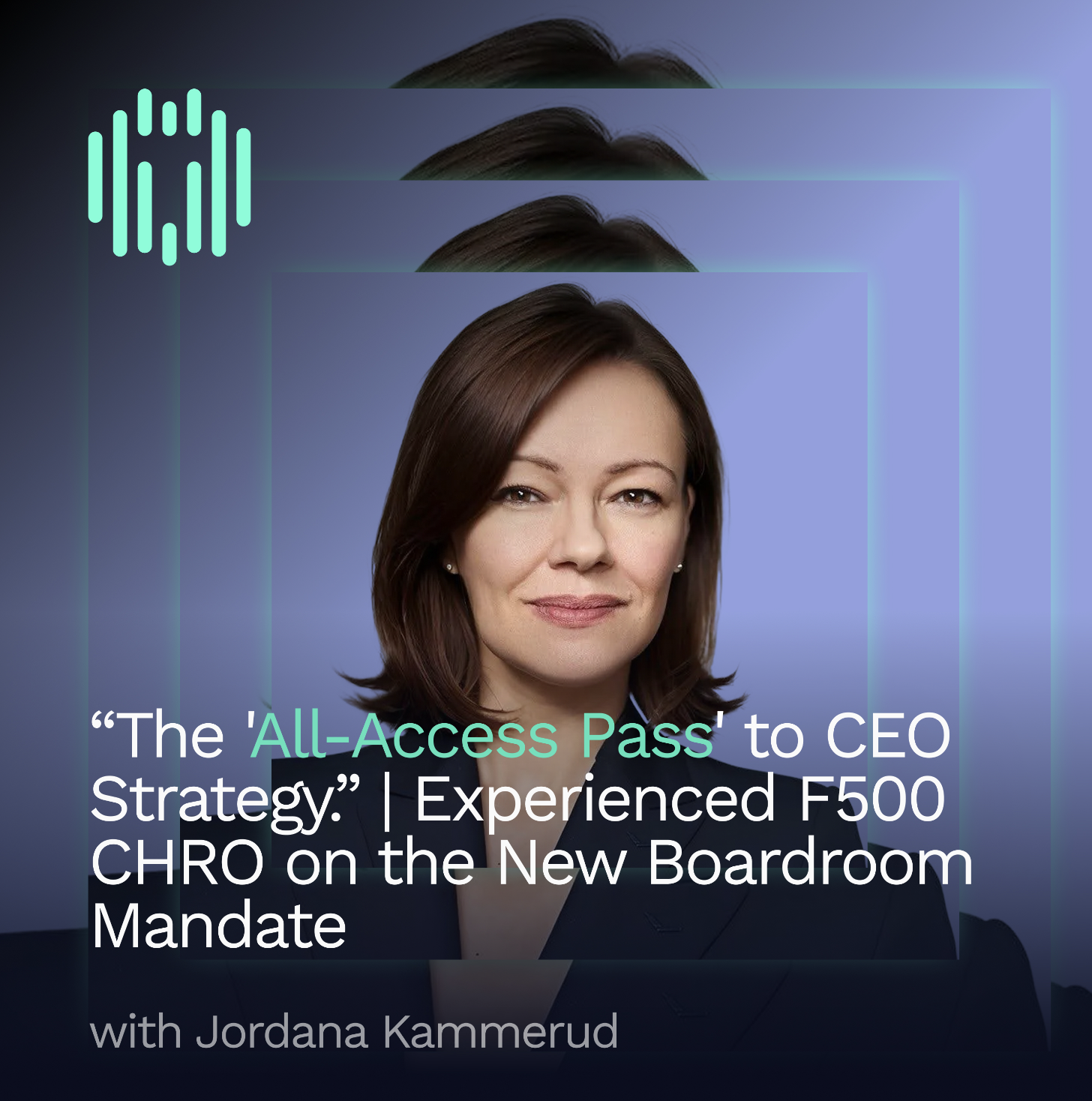

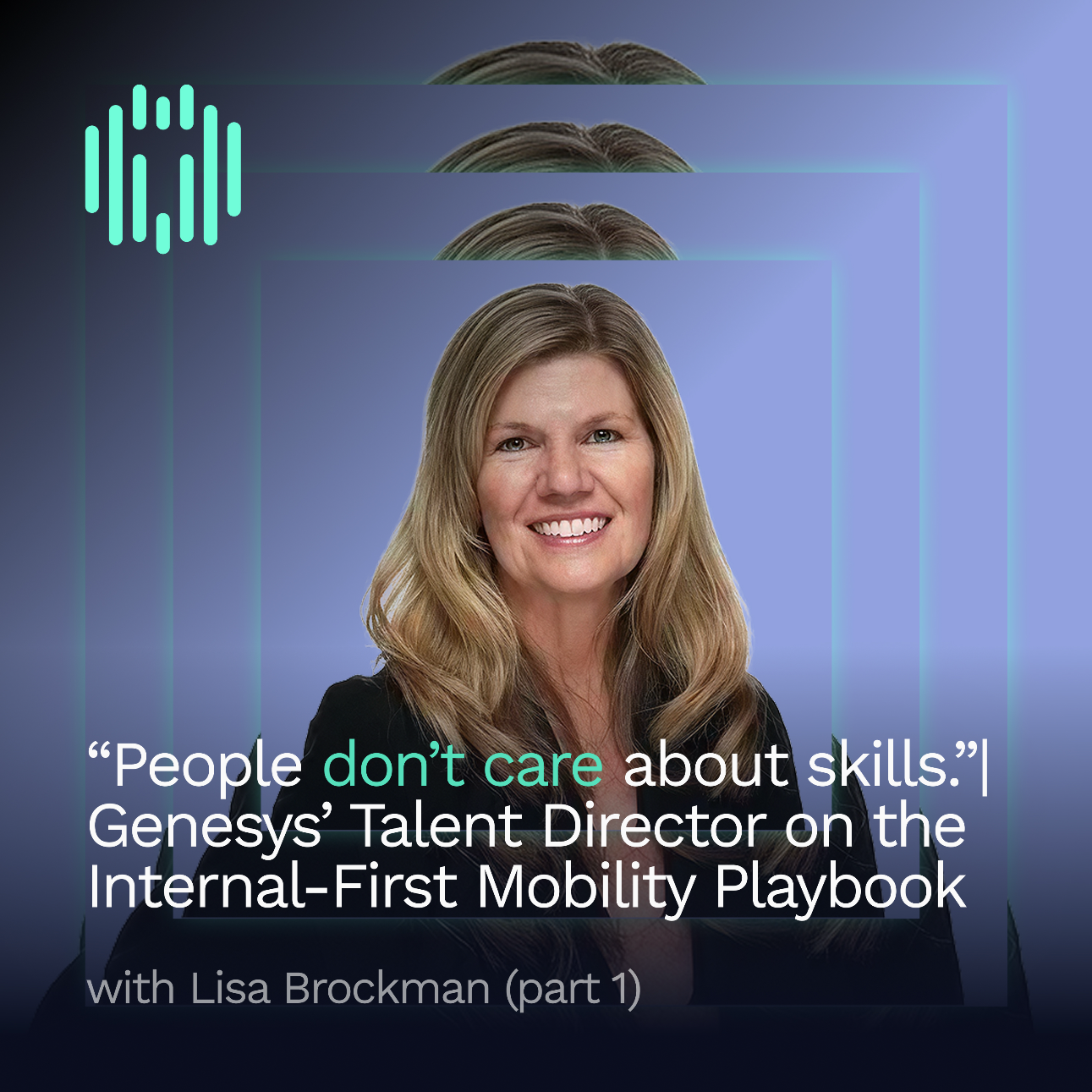
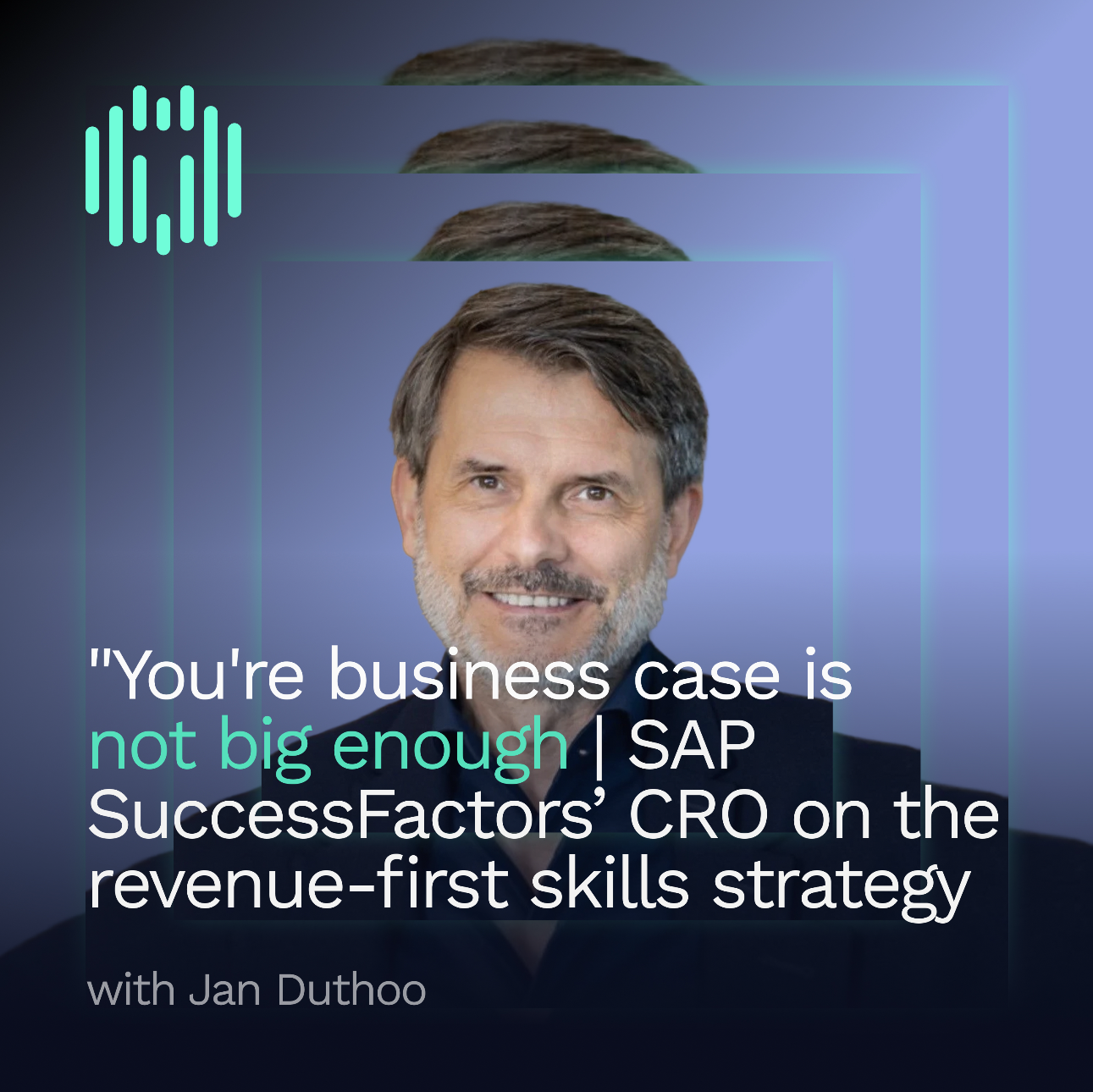


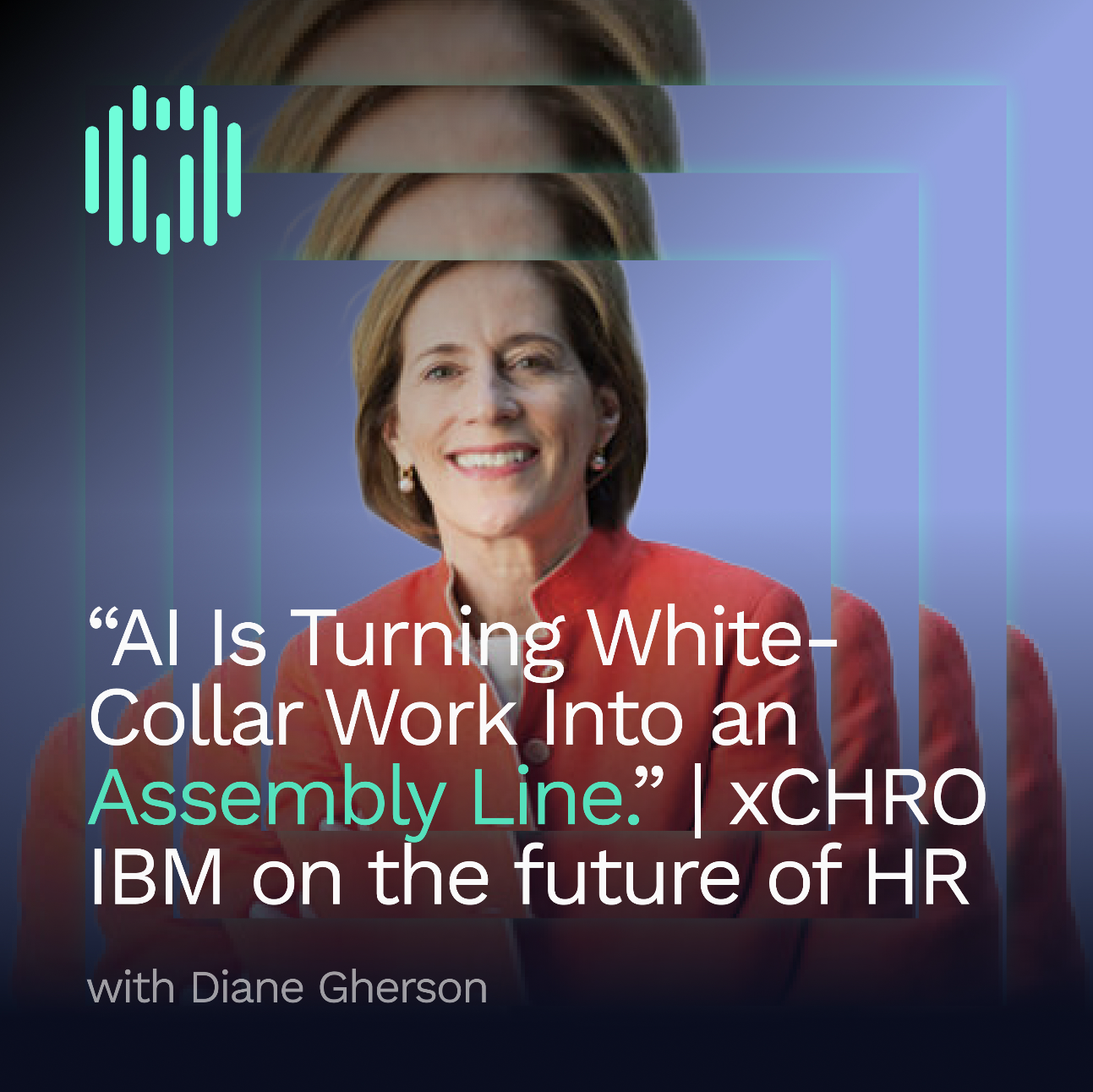



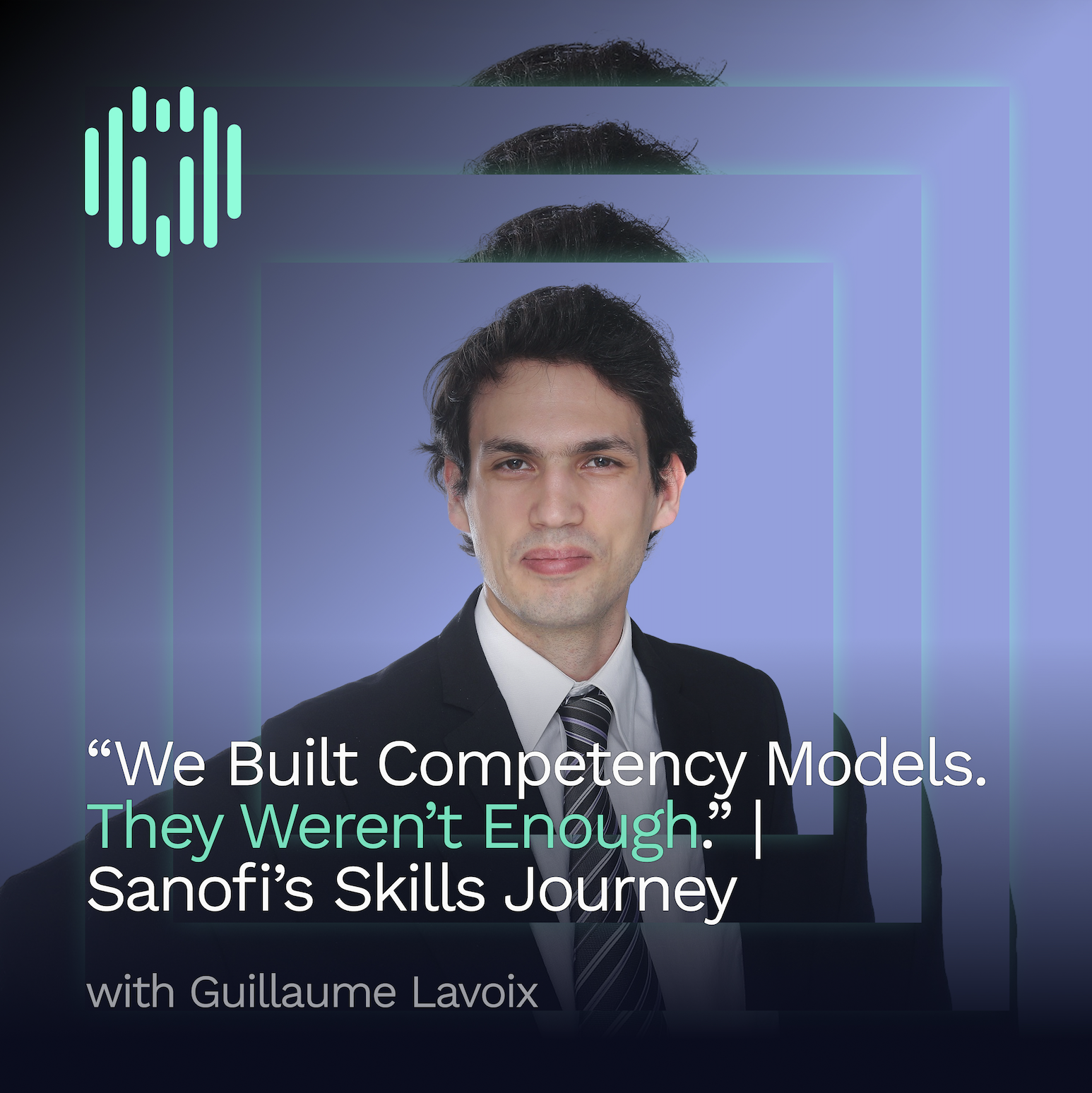
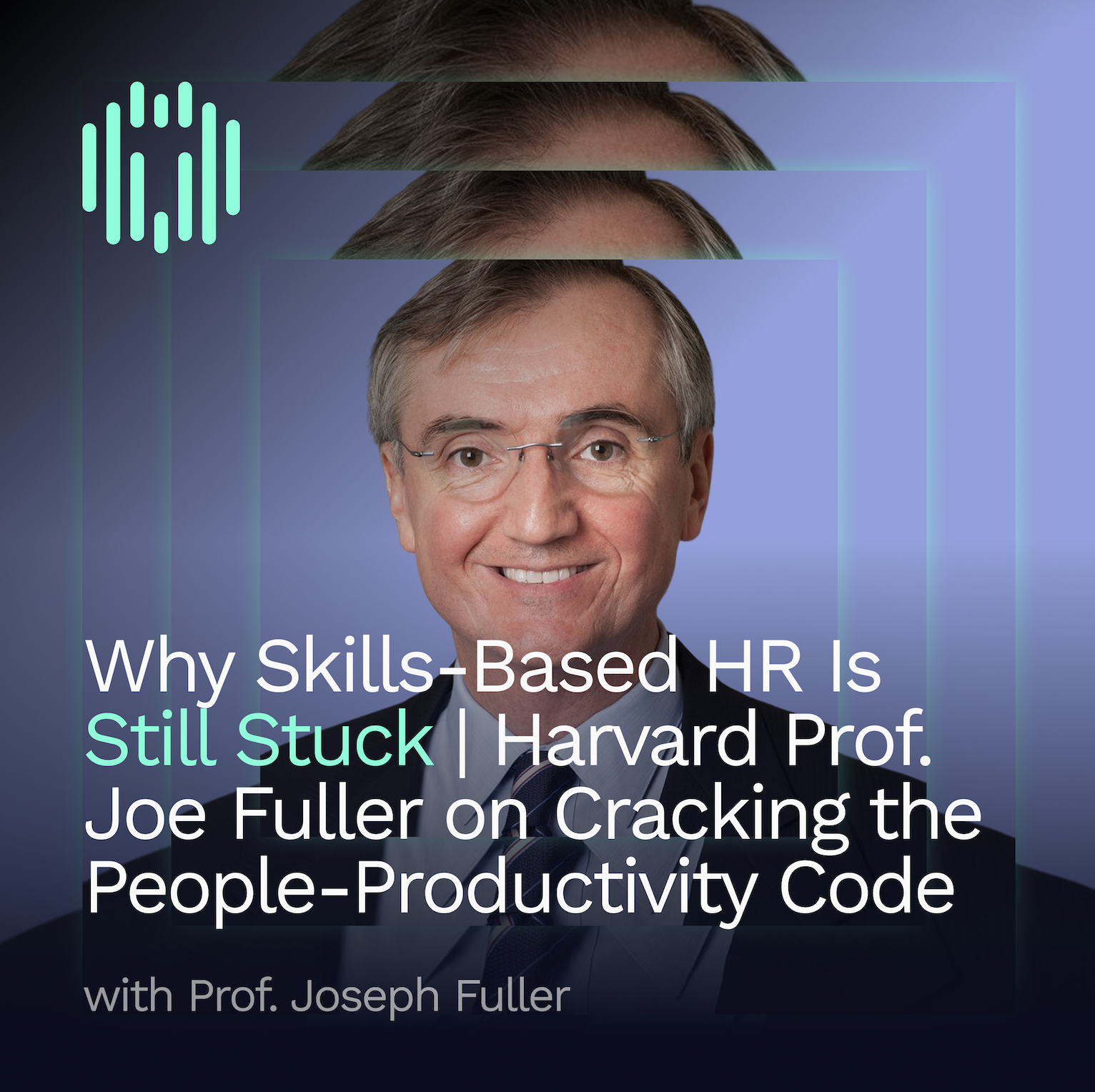

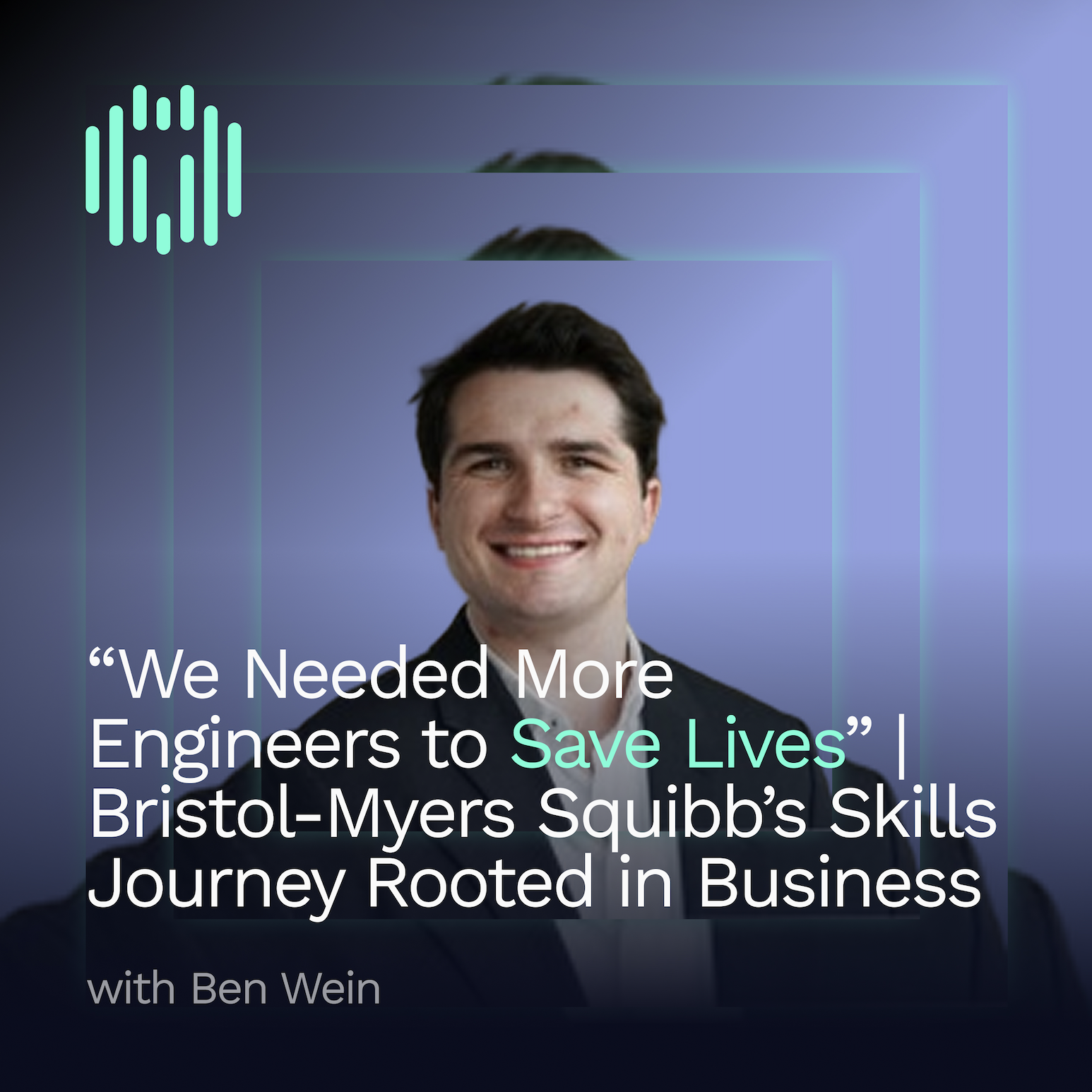

.png)



